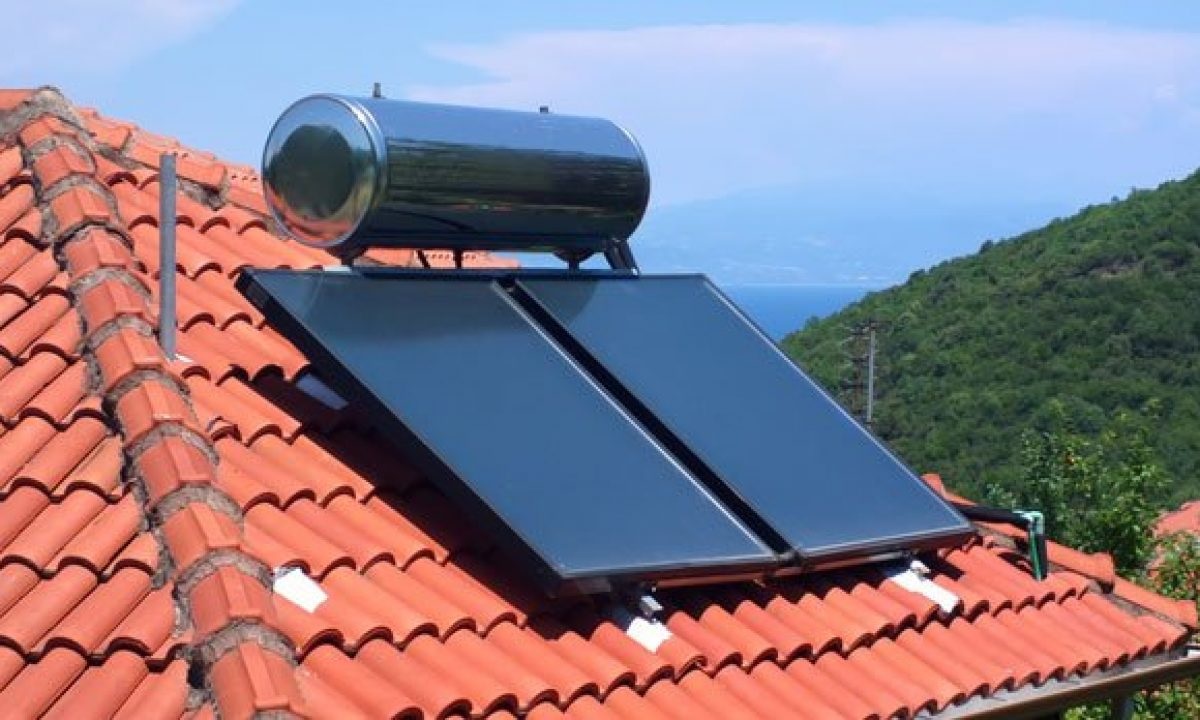Every small and large convenience in our houses is much appreciated. Nobody gives a damn about water heaters until they break, and we have to take icy showers. Then there’s the often-overlooked question of these water heaters’ possible environmental impact.
Electric water heaters are presently the least environmentally friendly option. The majority of electricity produced in the US comes from coal-fired power plants, which are just 30-40% efficient. Even if you don’t use natural gas to heat your home, the creation of energy results in the release of several greenhouse gasses.
Water heaters have a typical lifespan of 40-50 years. A water heater will typically last your family 8 to 10 years. Heat pumps and tankless water heaters are more efficient and environmentally friendly, making them an excellent investment.
Water Heaters and Heat Pumps
Heat pumps in water heaters take advantage of latent heat in the air. As a result, you can save hundreds of dollars per year on energy expenses while maintaining the same level of comfort as with other types of heaters.
A heat pump water heater is an excellent choice for a more environmentally friendly heater that can last for years with proper maintenance. Even if you don’t have access to natural gas, you can heat water with the right pump. This heater’s electricity consumption is significantly lower than that of its predecessors. They also emit significantly fewer pollutants.
Tankless Water Heaters: Have You Heard of Them?
Tankless water heaters have two key advantages: they consume little energy and have a low environmental effect. When cold water enters the tankless unit, it is heated by gas or electricity to ensure there is always hot water ready, even when the tap is turned off. As a result, they are often referred to as instantaneous or demand-type water heaters.
A tankless water heater can conserve between 25 and 35 percent on your energy cost if you use less than the normal 40 gallons of water each day. Even doubling their numbers, they would be 8-14% more efficient. If you switch to tankless water heaters, you might save up to 50% on your energy expenditures.
Conclusion
The most prudent way to reduce your carbon footprint is to consume less energy by making minor changes in your daily habits, such as turning off lights when leaving a room and unplugging chargers when not in use.
Tankless water heaters and heat pump water heaters, for example, can also help you save energy and money. These appliances are less environmentally hazardous than ordinary water heaters and can help you save money on your energy bill. If you wish to limit your carbon footprint, switching to an energy-efficient water heater is a great place to start.
Invest in a New Heater
Water heater alternatives that are more ecologically friendly, less expensive, and take up less space are quickly gaining popularity. If your water heater is more than 8-10 years old or no longer produces the same amount of hot water as it once did, it should be replaced.
Going green with your water heating is a no-brainer and a prudent long-term investment due to the rising use of tankless water heaters in new buildings. Call Locklear Plumbing right away if you need a water heater installation in Calhoun, GA.
You may also like
-
Why Summer is the Season to Celebrate Your Plumber: Water Wisdom for Warmer Weather
-
Hidden Heroes: The Impact of Commercial Heating on Productivity and Comfort with CSB Plumbing Company
-
Columbus Clogged Drain Repair: Trust the Expertise of Doc Thompson Plumbing
-
Quick Clear Drainage – A Knowhow
-
The Hidden Dangers of DIY Plumbing Repairs for Richmond Homeowners

